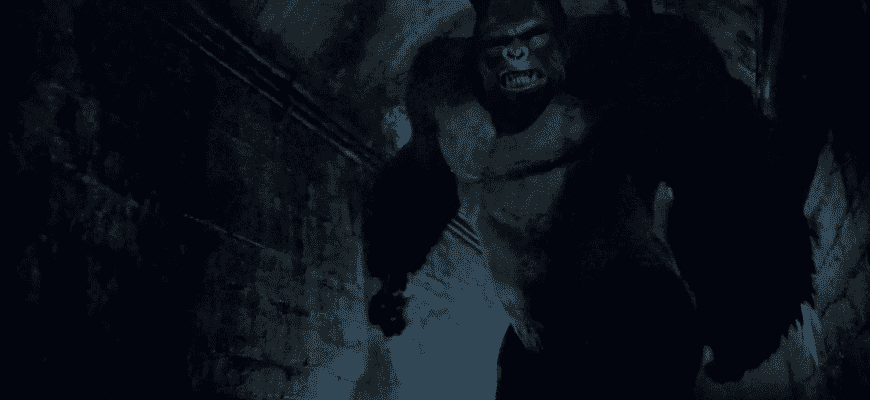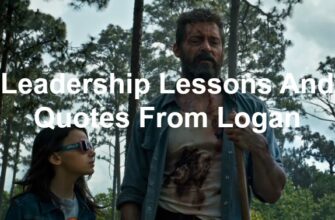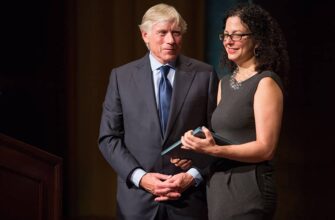Gaining power can have many positive results. However, if left unchecked, it can also make leaders overconfident and ineffective. Gorilla Grodd is one such example.
Comic book supervillain Gorilla Grodd was an otherwise normal gorilla until an alien spacecraft crashed in the African jungle endowing him with super-intelligence. Grodd’s natural lust for power mixed with his new abilities has led him to hatch numerous plans as he attempts to take over the world. Thankfully, Flash and his superpowered friends always end up thwarting Grodd’s nefarious plans.
Why does Grodd continue to fail? He is one of the most intellectually-gifted beings on the planet and battles an archnemesis whose primary skill is to run really fast. Grodd should easily be able to outthink the Flash and defeat him. What Grodd seems to miss is that having self-assurance is not the same as believing success is inevitable.
According to research, power has been shown to consistently breed overconfidence, and this overconfidence consistently leads to poor decision making. One explanation is that overconfident leaders surround themselves with “nodders,” people who nod their head whenever the leader speaks. It’s hard to make a solid decision when no one will challenge you.
Another reason is that a key element to self-assurance is being able to anticipate and prepare for a myriad of outcomes, not just the positive ones. The assured leader’s focus is on the situation at hand in a realistic, “prepare for the worst, hope for the best” type of way. Grodd’s self-admiration leads him to overestimate his chances of success and underestimate his opponents, thus resulting in risky decisions that are ultimately futile.
Confidence is a testament to the belief in one’s ability to tolerate and handle whatever may arise; it is not about feeling entitled to succeed.
This mental bias is a common trap amongst overconfident leaders who overestimate their ability and skills. They make decisions based upon an impulse, while neglecting to explore the unfiltered reality and potential pitfalls. Intuition is not enough to make wise decisions. Not to say that gut feelings and instinct should be ignored, but logic also has its place and should be considered when making informed decisions.
Overconfidence can lead to blind spots in judgment, so leaders need to ensure that they are thinking with their head, not their ego. If you feel that you are on the brink, seek out people who have the courage to disagree with you. And, when faced with a challenge, avoid the arrogant mindset that you’ve already won.





